1 to 10 of about 270

Rather than changing maritime rules, China is gradually changing the international environment in which those rules take effect. The effective scope of the United Nations Convention on the Law of the Sea is observably narrower where China is involved.

To identify Washington’s implementation of its Indo-Pacific strategy in the Indian Ocean, there needs to be first a study examining the region against U.S. interests, priorities, and competition in light of Washington’s problems, challenges, and opportunities in the Indian Ocean.

The familiar Anglo-American model of power projection from a far-flung constellation of military bases is not the only—nor even the likely—pathway for China to achieve its objectives of building a world-class military and becoming a great maritime power.
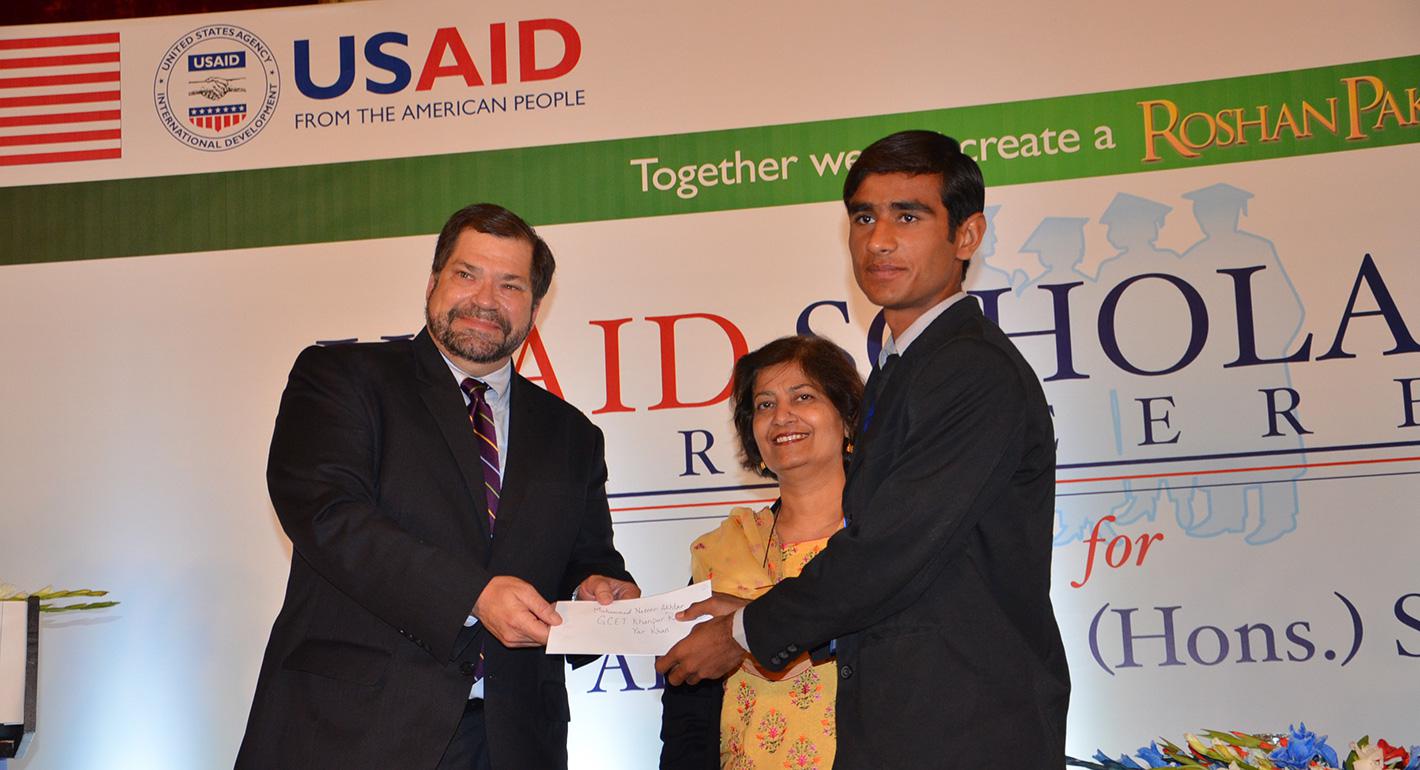
Three principles to guide the modernization of U.S. international development assistance to be more responsive to these global development challenges of the 21st century.

More specifically, Washington should not let this new frame of "great power rivalry," which Middle East autocracies have heartily welcomed and exploited, distract it from scrutinizing the behavior of these regimes at home and from helping the region's citizens and societies address the socio-economic and political problems they face now and in the coming decades.
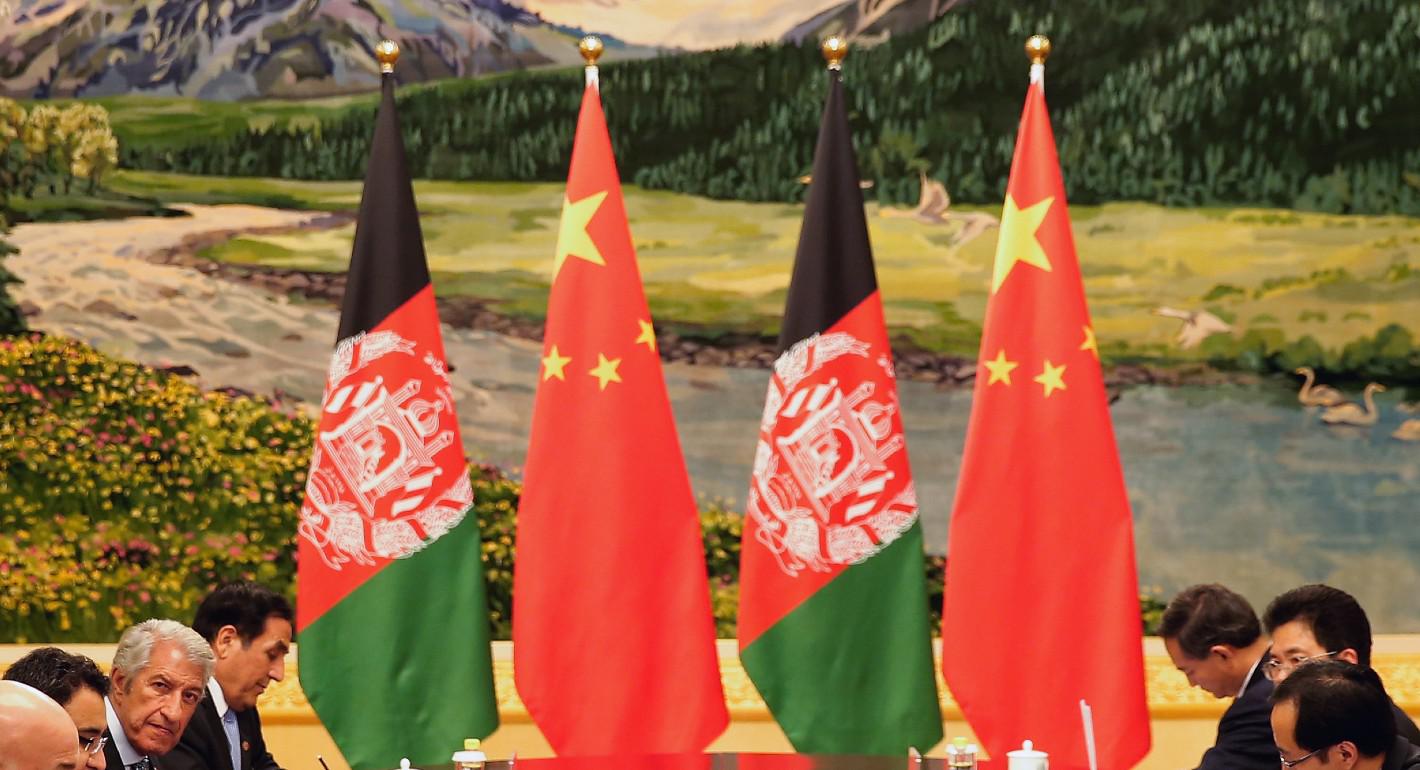
Although China is dangling economic incentives in front of the Taliban, it does so to extract security guarantees while seeking to ameliorate development challenges in Afghanistan for fear that poverty may drive instability.
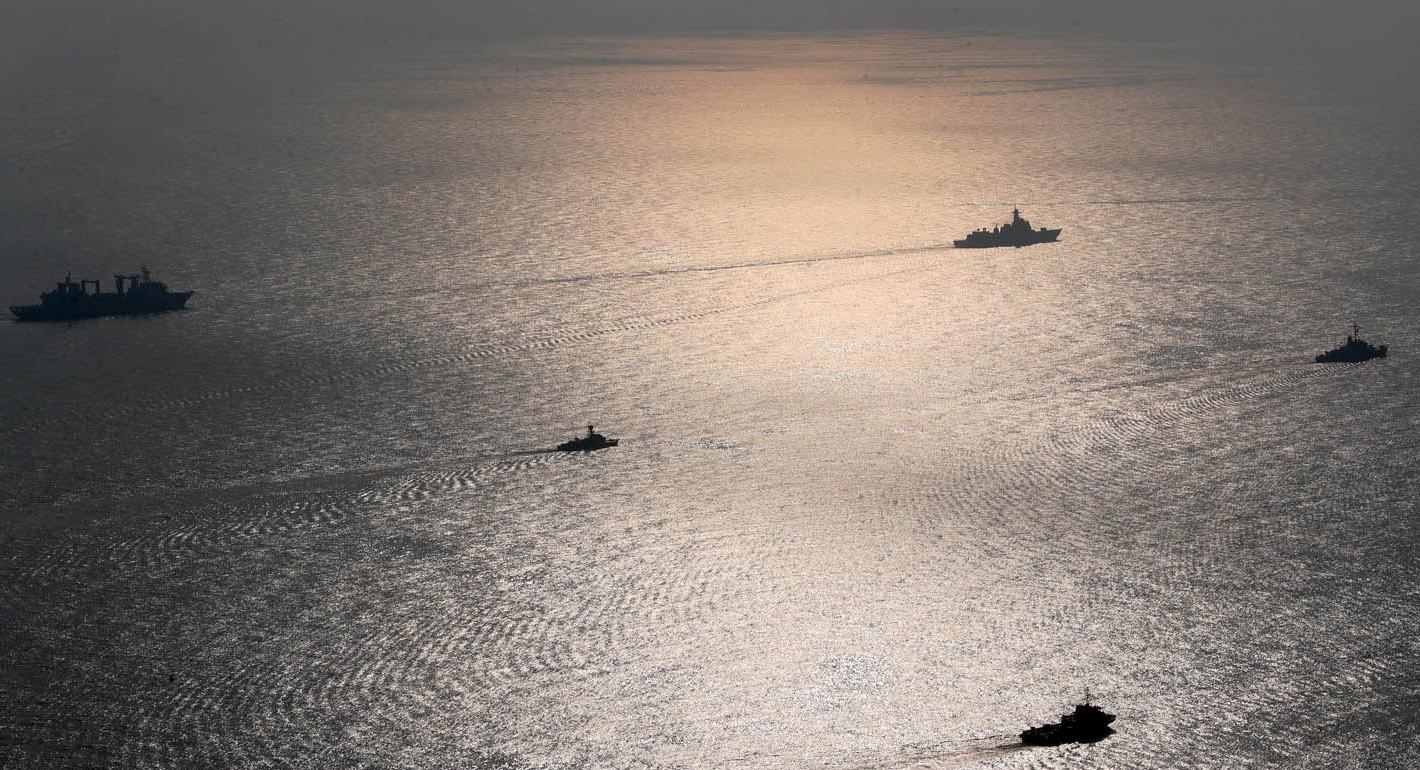
Engagements and interests in the region should last beyond the news cycles and despite China competition to meaningfully strengthen partnerships in the region. For that, it is important to have a comprehensive strategy outlining the framework for priorities, interests, and challenges in the region as a whole.
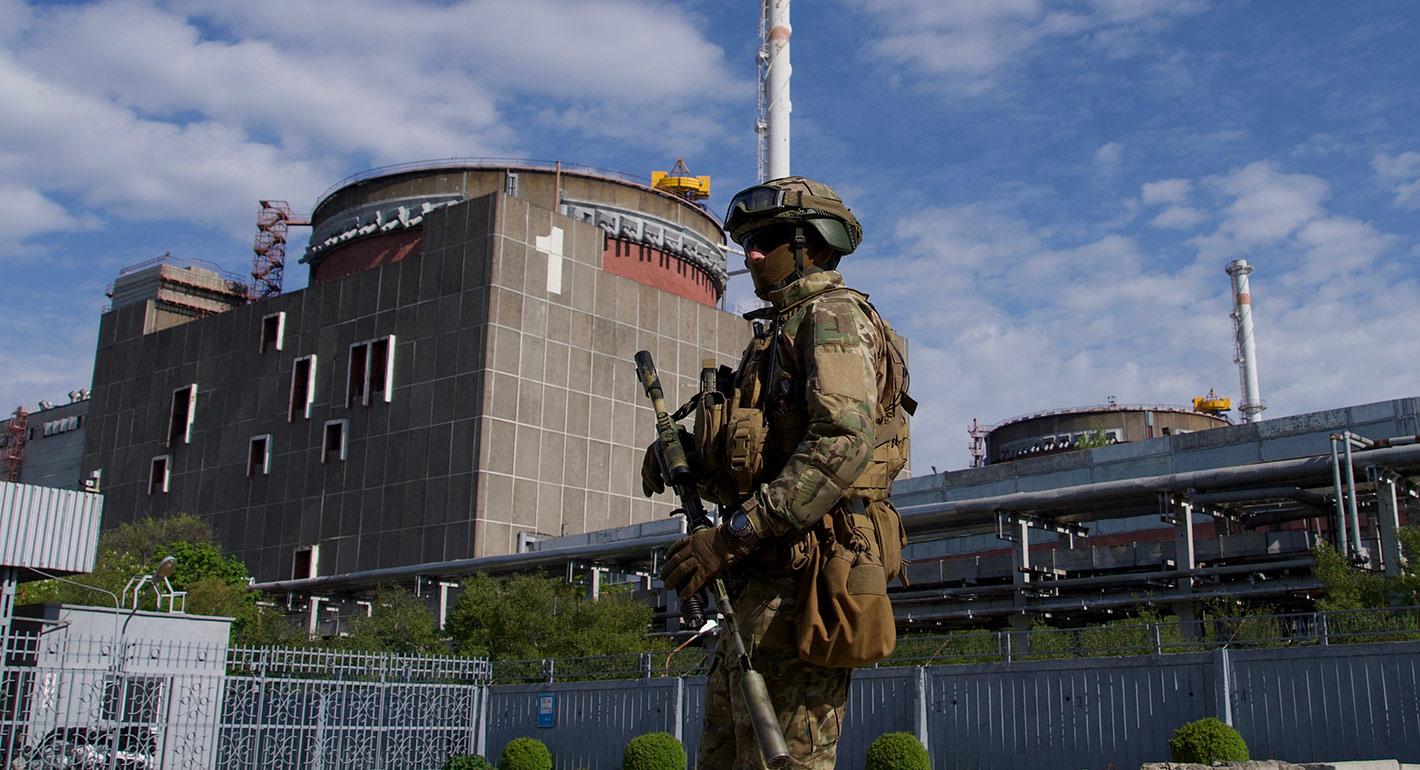
Following from Russia’s invasion of and ongoing war against Ukraine, Ukraine’s civil nuclear energy power infrastructure poses risks that exceed those normally associated with nuclear installations and nuclear and radiological materials.
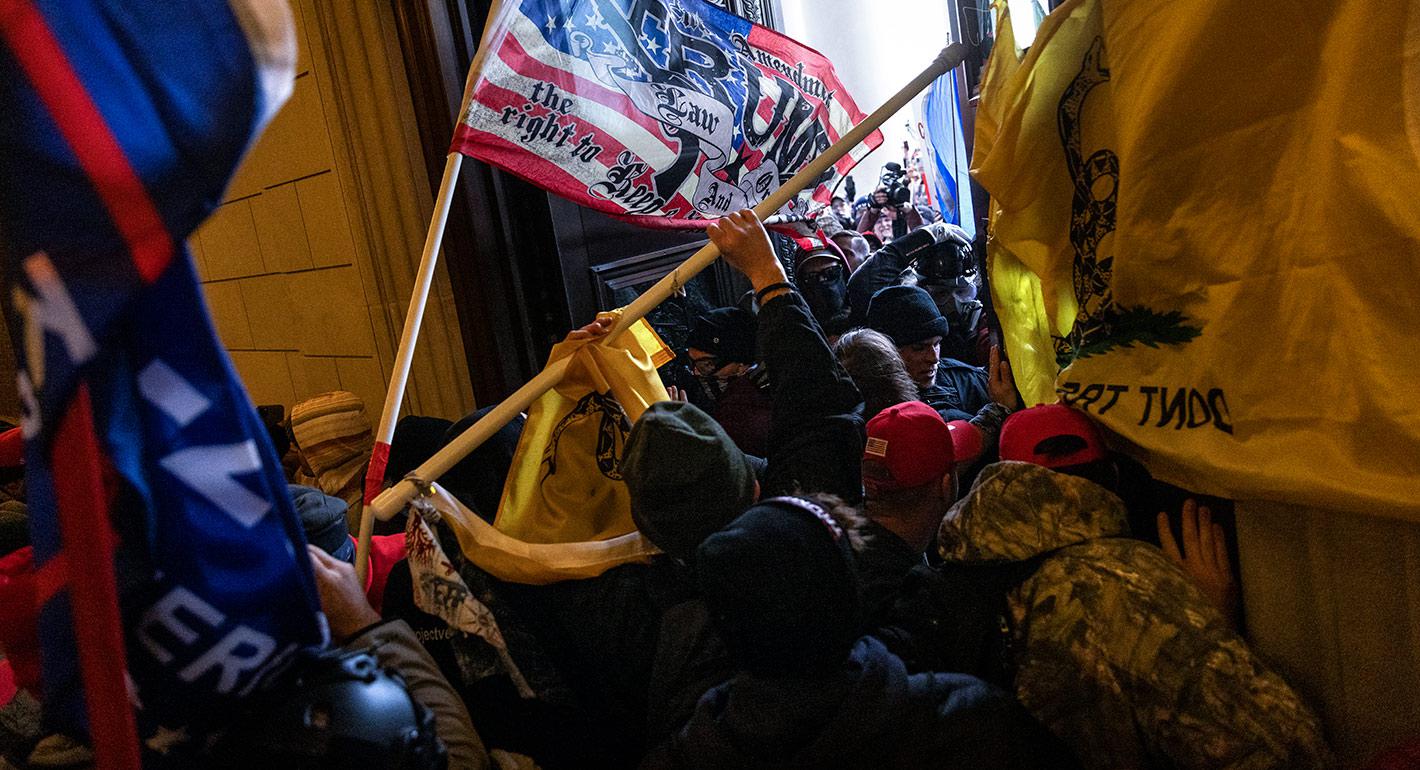
Acceptance of political violence has been rising sharply over the past five years. The damage that this violence itself, and the conspiracies driving it, are causing to U.S. democracy are already substantial and are likely to produce significant democratic decline if not arrested soon.
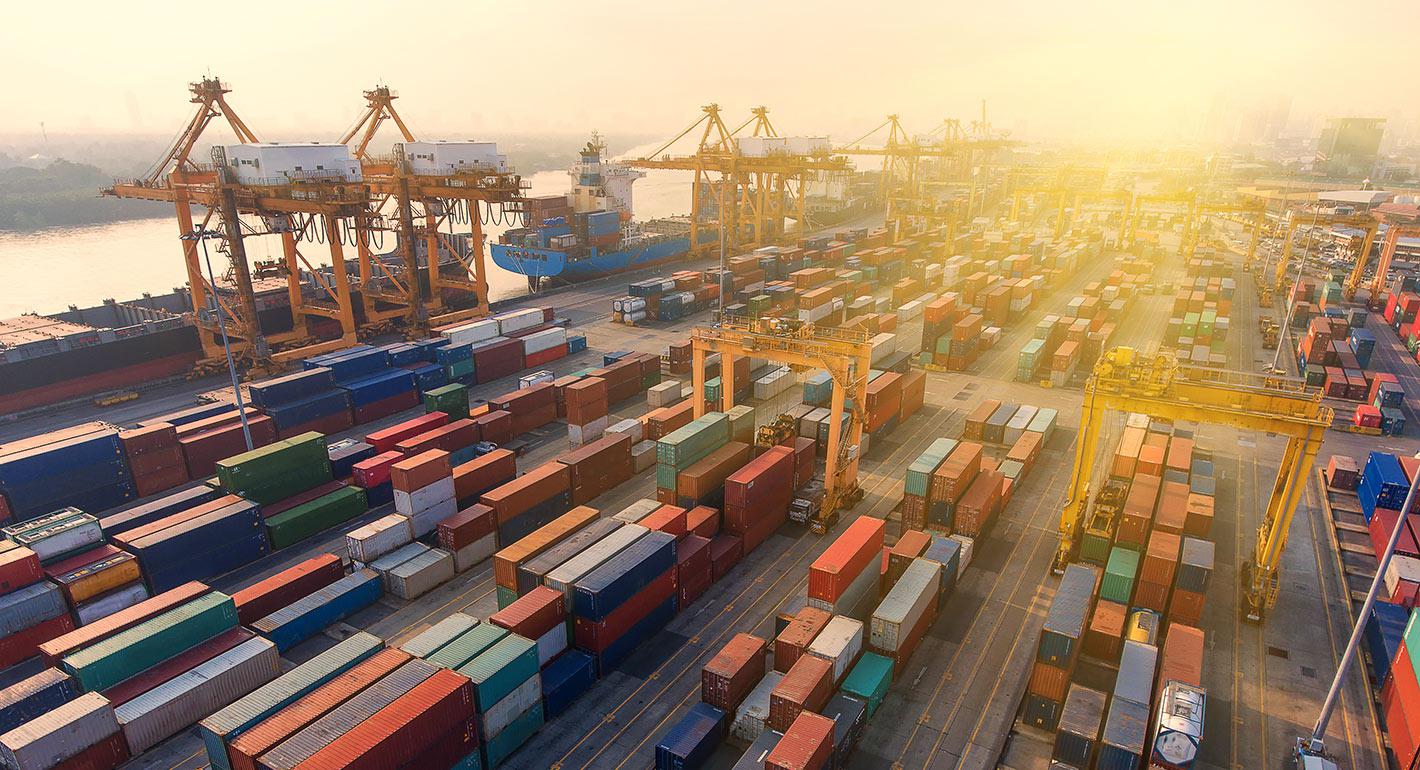
Even though the U.S. economic role in Asia is growing in absolute terms, it is receding in relative terms, which means that, to lead, Washington should be leaning harder on the other traditional pillar of its economic leadership, which was to be a rule writer and standard setter.